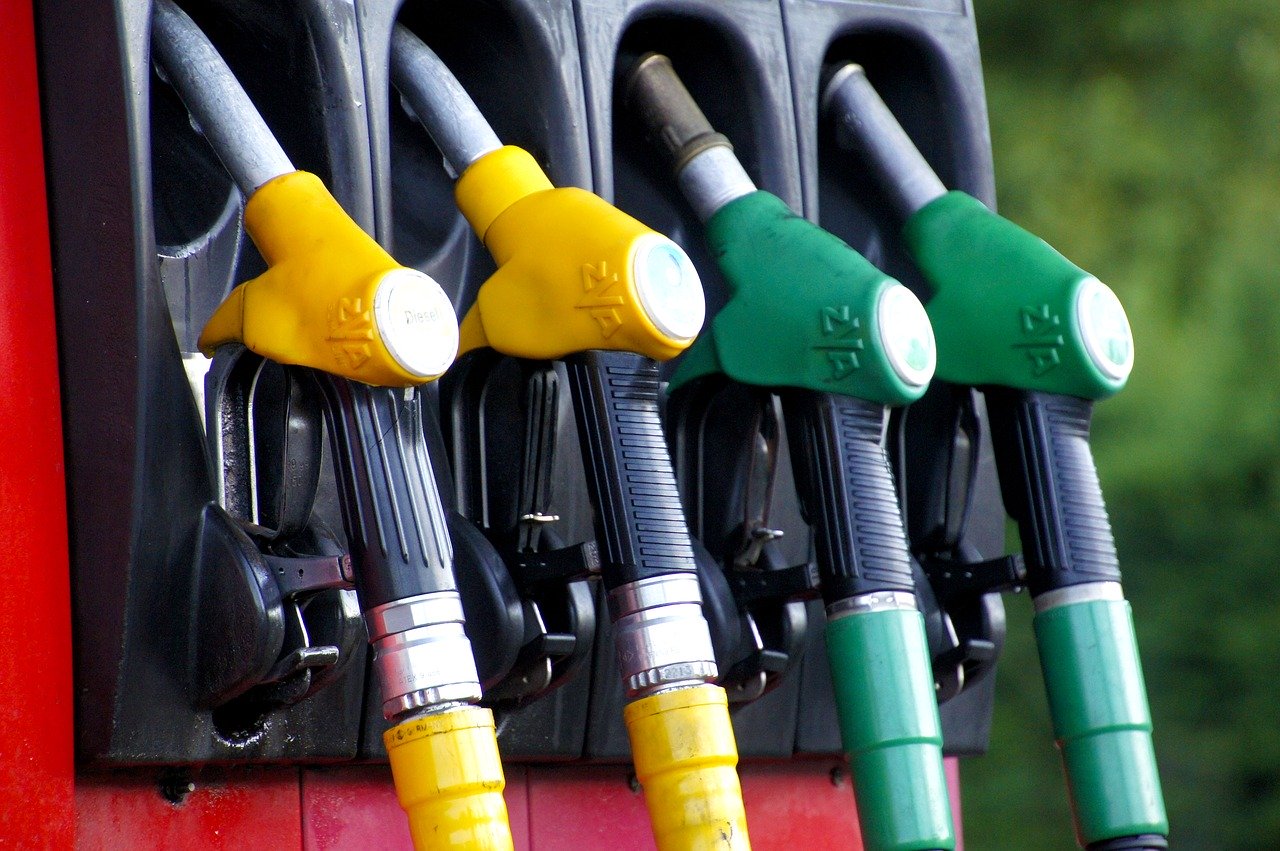Do Tires Affect Your Fuel Savings?

Whether you own one car or a fleet of commercial vehicles, odds are fuel economy is high on your priority list. The volatility of the energy market and its environmental impact have made us look for ways to reduce the amount of fuel we consume. For some fleet owners, this might mean using fuel management systems (https://www.lytx.com/en-us/resources/articles/fleet-fuel-management-systems) to monitor fuel usage. That sort of fuel management can give the fleet manager insights into speeds and brake usage, so it can be quite interesting data for them. Perhaps that would be a good idea for some fleets. Alternatively, many of us consider this solely in terms of what’s under the hood. We look for hybrid vehicles or highly efficient engines. Whichever vehicle is picked for either personal use or for a fleet, there must be regular maintenance completed to make sure the vehicle is functioning to its optimum level (e.g. today’s topic – checking out the tires), so using helpful companies like Ferguson Truck Center can make this happen when required so that a thorough check can ensure safety on the road for bigger vehicles.
I briefly mentioned tires (if you caught it) before so what we may not be thinking about, is how a vehicle’s tires can affect its consumption. The fact is, proper tire maintenance could have a noticeable effect on how much you can save at the pump.
Here are some key facts regarding what a tire can do for your fuel economy.
How Do Tires Impact Your Vehicle?
Tires play an important role in fuel efficiency by creating rolling resistance. This is the amount of pressure they put against the road while you’re driving. The more resistance, the harder your vehicle has to work to maintain its momentum. Thus, the vehicle has to burn more gasoline. This resistance can account for up to 15% [LZ1] of all fuel consumed by cars and trucks.
What Can You Do to Improve This?
Manufacturers have come a long way in developing tires that offer a lower rolling resistance while providing better performance in other areas. These tires generally have thinner sidewalls, shallow treads and specially formulated rubber materials. Seeking models that are made to offer a lower level is one way to help improve the effect they will have on your efficiency. However, there are some additional steps you can take to improve fuel savings even further.
For example, one of the simplest but most effective ideas is to keep your tires properly inflated at all times. The lower the pressure, the higher the rolling resistance becomes. Be sure to keep your tires at the manufacturer’s recommended level, checking them at least once a month. It’s also important to choose ones that are the proper size for your vehicle. If they are too large, you will experience excess friction and their added weight will cause the vehicle to burn more energy.
In addition to these factors, pay attention to the depth of your treads. If you won’t be off-roading or driving through slippery conditions, it’s best to keep the treads shallow. This means more of the tire’s surface makes contact with the road and reduces the amount of resistance you will encounter.
When it comes to decreasing the amount of gas your car or truck uses, what’s under the hood makes a big difference. However, don’t underestimate what your tires can do for your overall efficiency. Think about these factors when shopping for your next ride.
Author bio: Charisse Castagnoli is General Manager and General Counsel for InstaPay, a freight factoring service for brokers and trucking carriers. Educated at the University of California, Berkeley and the University of Texas at Austin, Castagnoli brings 34 years of experience in technology and 24 years in information security to the company. Previously, she served as VP of Security at Trucker Path before the startup was acquired and InstaPay emerged as its own entity. InstaPay continues to grow in size under her leadership.







